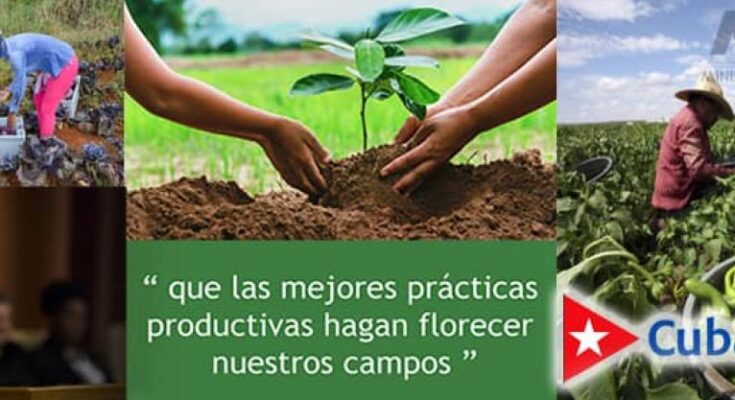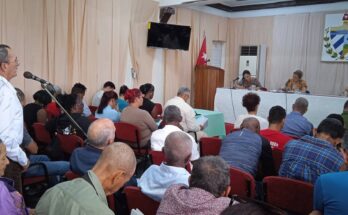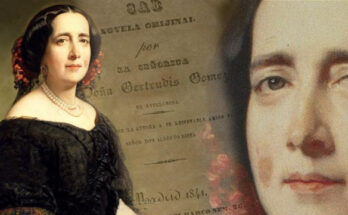Since his time, in the 19th century, José Martí stressed the importance of the use of science in agriculture as an essential formula for improving and sustaining productive results and preserving natural resources.
The apostle of Cuban independence, with that worldview typical of his thinking, warned that young people engaged in agricultural work should receive careful instruction because in his opinion “agriculture is imperfect without the use of instruction”.
About this, he wondered “How can one choose the best plow, if one does not know its various kinds? How can one reform the land, if one does not know the characteristics of that resource?”
The Cuban National Hero also assured that “The cultivator needs to know the nature, the diseases, the whims, the very mischiefs of the plants, to direct the cultivation in order to take advantage of the vegetable forces, and avoid their misdirections. He needs to fall in love with his work, and find it, as it is, nobler than any other, if only because it allows the most direct exercise of the mind, and provides with its pingues and constant results a fixed and free income that allows man to live with decorum and independence”.
José Martí set the standard in the defense of the values of scientific research in food production. It is necessary to listen to his voice when he assured that “It is not necessary to believe that all recommended fertilizer is good, because each handful of soil has its own constitution. And since from fertilizing the soil with certain substances may come irreparable evils, the farmer should not, without first testing it on a small area of land, decide to use an unknown product on his crops”.
How much vision; how much certainty and how much validity in this Marti’s warning, and how much contrast with the reality of the country and of this municipality, when it is known, by official sources, the insufficient progress in the application of science and innovation in the agricultural sphere, the scarce use of extensionism, agroecology, animal traction and bioproducts.
The presentation of projects and search for sources of financing, investment and foreign collaboration to support the implementation of agrifood programs is also insufficient.
If we agree with Martí, and we bring him to the present, we must analyze how much can be done in the current conditions to raise, with more science and awareness, the effectiveness and efficiency in our fields in order to materialize, from individual and collective intelligence, the food and nutritional security and sovereignty demanded by Floridians in the crucial stage we are going through in these times.





